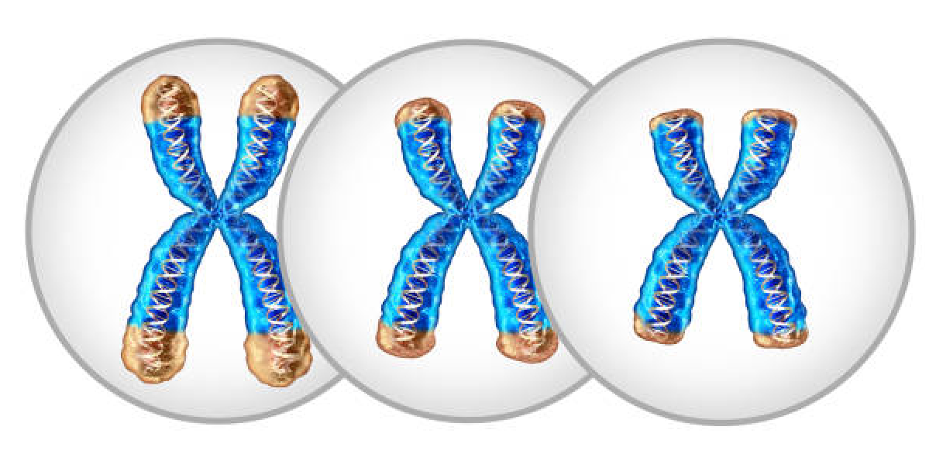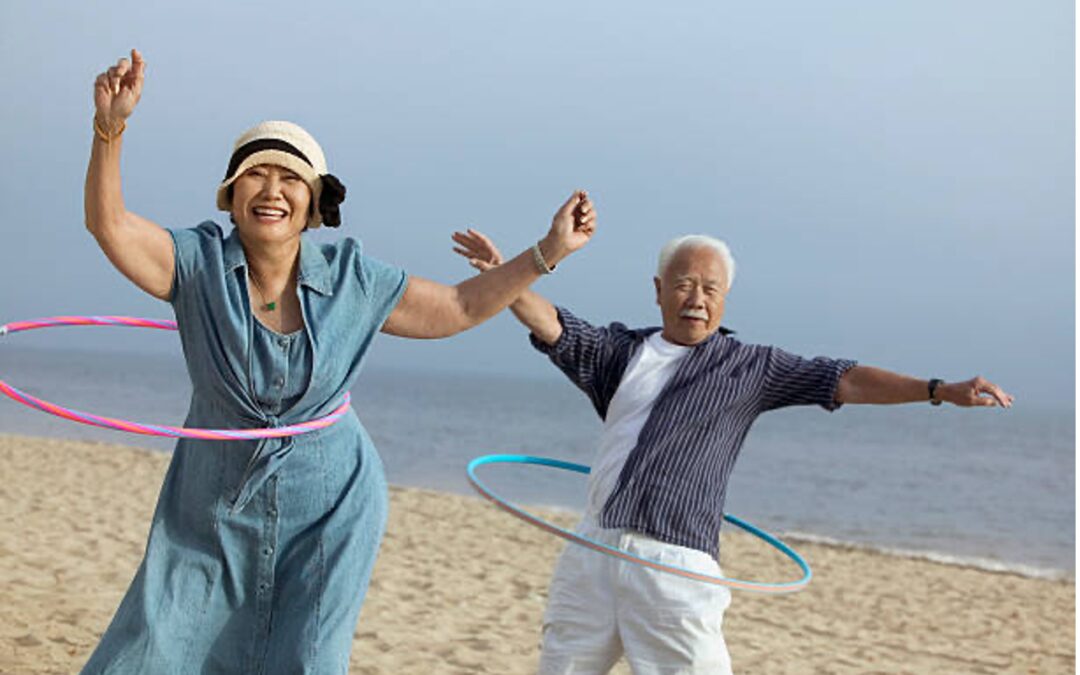As we grow older, our perceptions of ‘older’ sneak into our minds, and we can begin to behave based on these thoughts. Remember, actions follow thoughts. So, please take a few minutes to journal your stereotypes about age. In my youth, I recall thinking people old enough to receive social security were ancient, out of touch, slow-moving, set in their ways, and generally not people with whom I never wanted to spend any of my energetic, curious, life-expanding conversations and time. Their lives were basically over, and they were no longer contributing to society. They were retired, relaxing, and napping a lot. Essentially their lives were contracting as mine was expanding.
The description adjectives from my belief system of the ‘elderly’ are:
Slow Rigid Passive Uninterested Useless Disconnected
Irrelevant Stagnant Sickly Dull Declining Lonely
Frail Weak Vulnerable Memory Loss Frustrated Anxious
Dependent Stagnant Powerless Senile Sad Negative
Even as I read these, I think I don’t EVER want to be any of these adjectives. The truth is, I am already two years past eligibility for social security. I am sixty-six years old and very much aware of my previous stereotypes. I fight the internal messaging of, ‘If Old, then pick from the list above.’
I was certain in my youth that by this age, my best years would be behind me, and it would be time to start winding down and preparing for death. But the truth is, aging doesn’t have to mean growing old. We can all live a full, active life well into the golden years and continue to learn and grow as a person.
I have discovered a few things about aging positively based on a wellness model. Pay special attention to aspects of life that contribute to overall well-being, including physical, psychological, relational, intellectual, and spiritual health.
- Stay active, both physically and mentally. Do this by taking up a new hobby or sport, joining a club or social group, or simply challenging yourself to learn something new every day. By keeping your mind and body active, you can stave off the negative effects of aging, such as cognitive decline and physical frailty. Stay physically active with regular exercise, maintain strength, balance, and flexibility, and can reduce the risk of chronic diseases such as heart disease, diabetes, and arthritis.
- Regular check-ups with your doctor and other healthcare providers can help you stay on top of any health concerns and give you peace of mind by knowing you’re doing everything you can to stay healthy and active. Seek medical care and preventative screenings: Regular medical check-ups and screenings can help detect and treat health issues early and can help prevent chronic diseases. Taking good care of your body takes a little more time and effort, but you are worth it.
- Eat a healthy balanced diet rich in whole grains, fruits, vegetables, lean protein, and healthy fats to support physical health and prevent chronic diseases. Healthy food is the best medicine to keep your body working well.
- Stay socially connected and seek out new friendships. Maintaining social connections and engaging in meaningful activities can help prevent feelings of isolation and loneliness and promote mental and emotional well-being.
- Continue learning and challenging your mind. Engaging in intellectual activities such as reading, learning a new skill, or playing games can help maintain cognitive function and prevent cognitive decline. Embrace the process and stay open to new experiences and opportunities. You can continue to learn and grow, challenge yourself, and explore the world around you.
- Practice stress reduction techniques. Managing stress through meditation, deep breathing, tai chi, or yoga can help promote emotional and mental well-being. These methods can help with pushing away negative thoughts or understanding your emotions.
- Stay engaged in meaningful activities. Continue to participate in activities that bring joy and fulfillment. You have a lot to offer. Continue contributing in a way that feels meaningful for you. Turn passions into hobbies, start a business you love, and give back to your community by volunteering. All these activities promote a sense of purpose and well-being.
- Maintain a positive attitude. It’s easy to become jaded or cynical as we get older, but it’s important to remember that life is still full of wonder and joy, no matter how old we are. Focus on the things that bring you happiness and fulfillment, and surround yourself with positive, supportive people who lift you up and inspire you to be your best self. Thumb your nose to the stigmas and discrimination based on age.
- Acknowledge and be grateful for who you have become. You ARE wiser and hopefully have a lot of empathy and understanding for others because of all the ups and downs you have experienced. This might be a good time for spiritual awakening. You can foster spiritual health by engaging in activities such as prayer, meditation, or spending time in nature can help promote spiritual health and provide a sense of purpose and meaning.
A holistic approach to wellness and addressing various aspects of life can help promote positive aging and support overall well-being in later life. We all deserve to live our best lives in our older years and not suffer a yearly decline. So, go out there and embrace life, no matter how old you are – you’ll be surprised at how much there is to discover! You don’t have to grow old just because you’re getting older!
 Dr. Roy Panzarella adds:
Dr. Roy Panzarella adds:
Fountain of Younger Telomere.
As a younger student, I was always fascinated by the aging process. Although I did not believe in the Fountain of Youth, that mystical spring that reversed the aging process, I was attracted to those scientists who believed we could slow down that process. It turns out it is true. It is not well hidden that it all comes down to the length of your telomeres.
Telomeres are the protective caps on the ends of the strands of DNA called chromosomes. In young humans, they are between 8,000 and 10,000 nucleotides long. As we age, our telomeres shorten, which leads to senescence (loss of cells’ power of division and growth), apoptosis (the death of cells which occurs as a normal part of an organism’s growth and oncogenic transformation of somatic cells (may lead to uncontrolled cell growth and cancer) affecting the lifespan and health of an individual. Shorter telomeres have been associated with increased incidence of diseases and poor survival.
How do we keep our telomeres healthy and slow down their shortening?
Focusing on a plant-rich diet full of fiber, antioxidants, vitamins, and phytonutrients may result in longer telomeres. Exercising regularly decreases oxidative stress and inflammation in the body which helps protect telomeres from damage. Additionally, it is important to quit smoking, get enough quality sleep and manage stress.
The connection between psychological factors and physical health has long been a topic of interest in scientific research, specifically in the context of telomere length and cellular aging. Findings suggest that fostering positive personality traits, such as conscientiousness and cultivating a strong sense of purpose in life, may contribute to longer and healthier telomeres and potentially reduce the speed at which the hands turn on the biological clock.
I am keeping my hope alive that we will soon discover the “Fountain of Younger Telomeres.”

Recent Comments